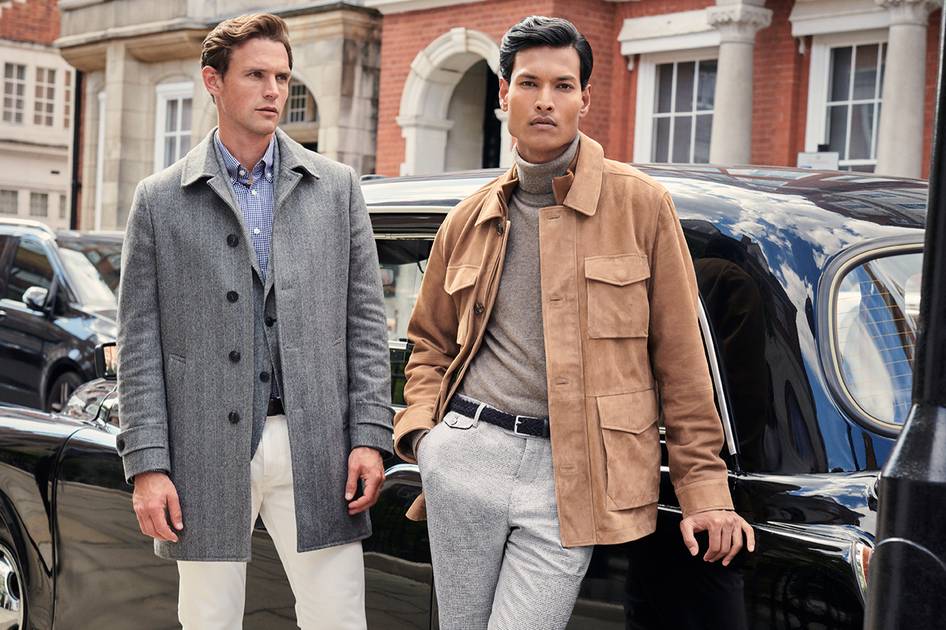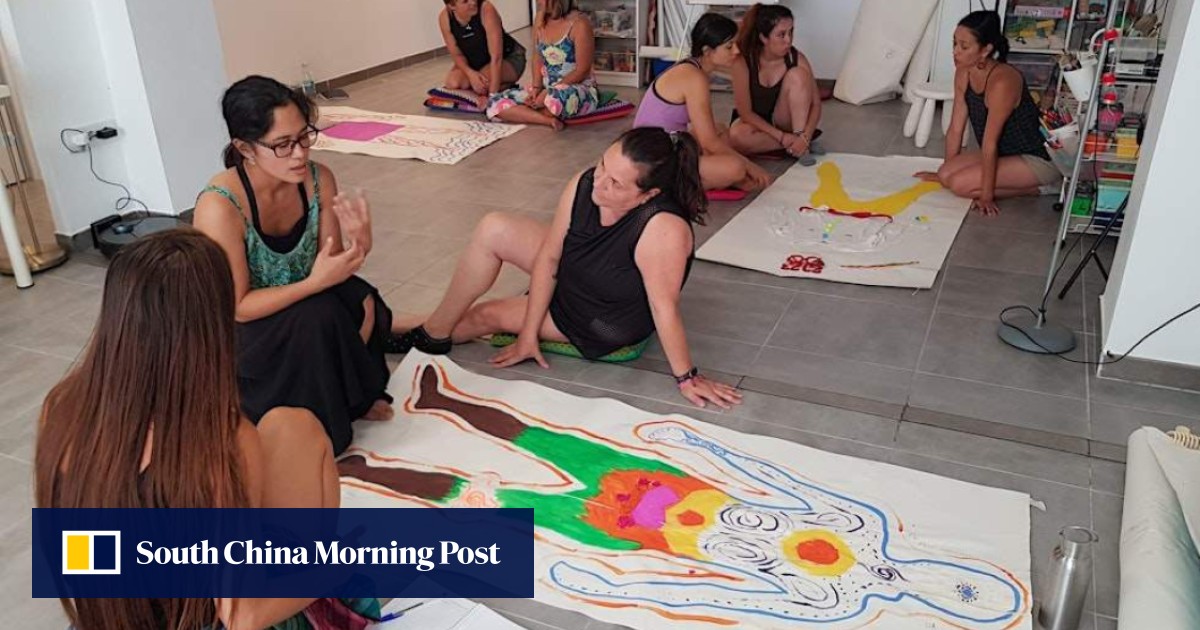Giambattista Valli‘s haute couture dress has metaphorically caught fire in China due to a recent case of alleged miscommunication with a Chinese VIP client.
The client, a Chinese socialite and entrepreneur named Lu Min, is also a popular Chinese influencer with more than 1.36 million followers on Instagram, Weibo, Douyin and Xiaohongshu combined.
Known as “Lu Lu the Couture Queen,” Lu began buying couture gowns from brands such as Valentino and Giorgio Armani Privé more than a decade ago.
Several days ago, Lu shared on Chinese social media that a Maison Valli couture piece she ordered last season ended up on Anya Taylor-Joy without her consent, which she claimed is a violation of an unspoken couture clienteling rule.
The look, a black velvet off-the-shoulder bodysuit adorned with white silk organza roses, is from the brand’s spring 2024 haute couture collection. The pantless look, paired with black tights and Christian Louboutin pumps, was seen on the actress during her “Furiosa: A Mad Max Saga” promotional tour.
“As common practice in haute couture maisons, to ensure exclusivity on a haute runway look, as this was the case, it is imperative to specify your request for such exclusivity at the time of the order,” a spokesperson for Giambattista Valli told WWD Friday. “Without such specification and the down payment of the exclusivity fee, the piece may be made available to other clients. As the client knows, this time there was no such request made.”
Lu’s assertions also lack historical precedent, according to industry experts.
“Haute couture is a production model based on repetition and adaptation to a body but historically, it was rare that a client had exclusivity on a model,” said fashion historian Alexandre Samson, a curator at Paris’ Palais Galliera Museum.
He cited examples such as Vionnet, who would produce up to 100 orders for the same dress in the 1920s and ’30s, as well as an incident with the Duchess of Windsor encountering another guest wearing the same striped blue-and-white dress in 1966.
“Exclusivity arrangements, if any, are between the house and the client,” he continued. “There’s no tradition per se but generally the head of sales ensures that two clients don’t end up at the same event in the same design.”
For fashion historian, writer and couture expert Tony Glenville, there’s a clear line between a celebrity wearing a dress on the red carpet for a handful of houses and a couture client owning a piece, which accrues collectible value.
Nonetheless, he considers dressing a VIP publicly before the client had an opportunity to wear her purchase as a faux pas.
“It’s a lack of understanding of the culture of haute couture. It’s all about manners and in this case, I think the house behaved badly,” he claimed.
That said, he agreed there is no hard and fast rule. “We have a theory that in couture, everyone changes everything but sometimes, what everybody wants is [Christian Dior’s] Junon dress, which was made at least four times including the original model,” Glenville continued.
“Originally couture was about made-to-measure, but people may want the original replicated in their size or to change a detail such as color, sleeve lengths or sheerness.”
Lu claimed that she tried on the dress at Valli’s showroom in January and placed a 200,000 renminbi, or $27,603 deposit, with plans to pick up the look in June, since Lu spends most of her time living in Shanghai.
“An agent recommended visiting Giambattista Valli’s showroom in the first place. I happened to be in Paris, so I went and picked out a look,” Lu told WWD. “I told them I won’t need a fitting since I know they won’t be able to fly staff over to China.
“I think it’s very inappropriate of them to do this, I have been buying couture for years at places like Valentino and Giorgio Armani Privé. When they decided to loan out a look that I’ve purchased, it’s happened with Lady Gaga and Julianne Moore before, they have always shown respect and notified me first, then made visible changes to the look,” Lu said.
She also claimed that Valli did not inform her that she needed to make specific requests about exclusivity when placing her order.
“When I buy from Armani Privé, they would tell me if I want global exclusivity of a look, there will be an additional cost, which is understandable. The brand should at least ask me if I want to pay more to get the global exclusivity [of the look I ordered] before offering the celebrity,” contended Lu.
According to Lu, Valli’s executives would take care of the aftermath via direct communication. However, another company representative contacted Lu about redesigning the look as a workaround.
“I don’t want a refund, I just want to know what went wrong, and I would like a sincere apology,” Lu.
“I will never buy anything from [Giambattista Valli] brand again,” she added.
“At the end of the day, it’s just a dress, but it shows to tell how brands treat people and how that reflects the haute couture ethos,” she said in a social media post, which began trending on Douyin, the Chinese version of TikTok and garnered more than 1.6 million views.
Maison Valli, which was founded in 2004 and produces haute couture and the Giambattista Valli ready-to-wear line, has seen rapid growth since Artémis, the private investment arm of the Pinault family, took its stake in 2017, with the potential to become a majority shareholder at a later stage.
Charlotte Werner, chief executive officer of the brand for three years, decided to leave her post last September. At the time, the company said it would announce a new CEO “in due course.”







